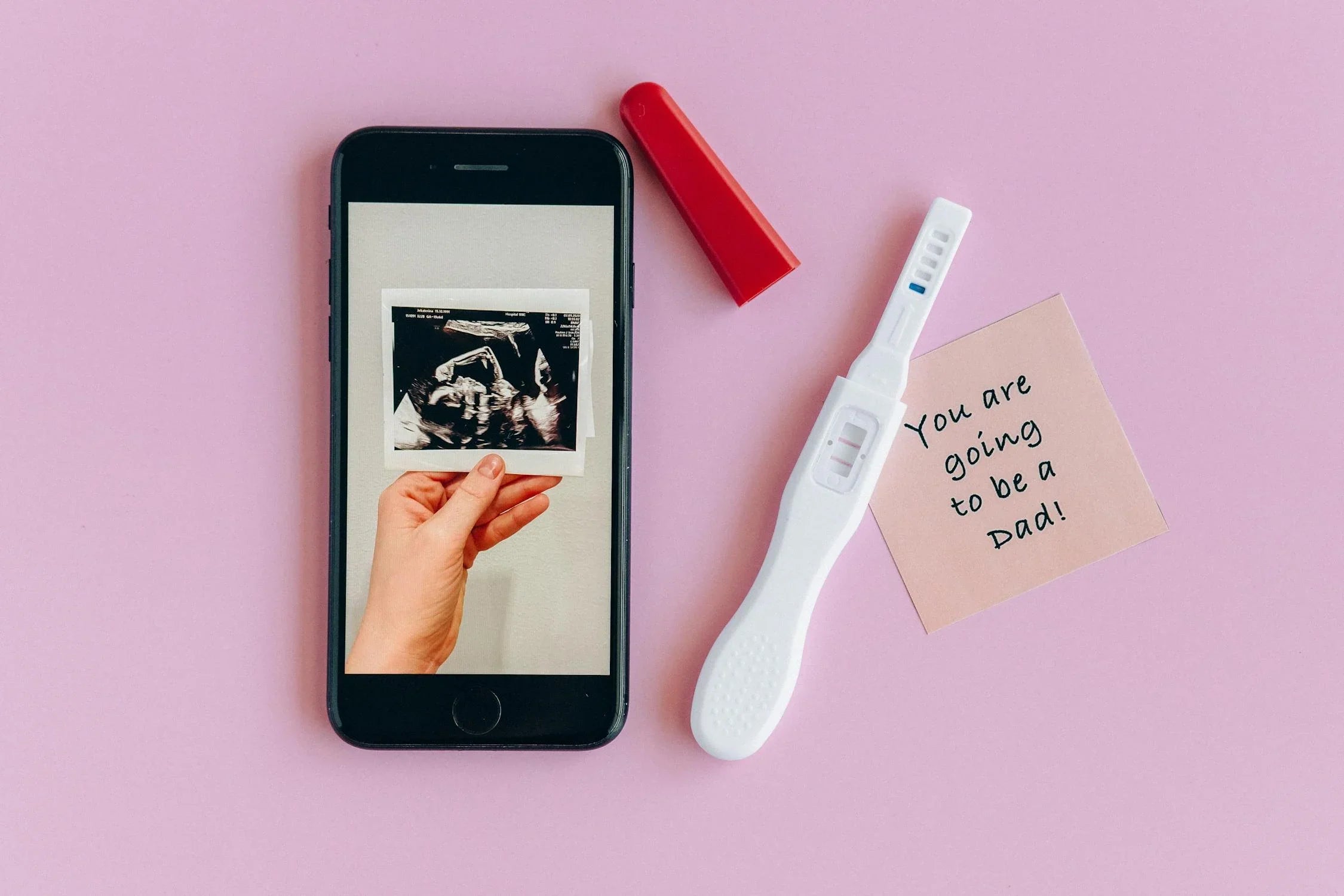Home
Pregnancy, Breastfeeding, and Pumping: The Ultimate Guide for Moms
Do Pregnancy Tests Work Before Your Missed Period? What You Need to Know

Do Pregnancy Tests Work Before Your Missed Period? What You Need to Know
Are you wondering if pregnancy tests can give you accurate results before your missed period? The answer is both yes and no, depending on various factors. Understanding how pregnancy tests work and their limitations can help you make informed decisions during this crucial time.
How Do Pregnancy Tests Work?
Pregnancy tests detect the presence of human chorionic gonadotropin (hCG), a hormone produced by the placenta after a fertilized egg attaches to the uterine lining. Most tests are designed to detect hCG in urine, while some blood tests can measure hCG levels more precisely.
Can Pregnancy Tests Detect hCG Before a Missed Period?
Some pregnancy tests claim to detect hCG levels as early as six days before your missed period. However, the accuracy of these tests depends on the sensitivity of the test and the timing of implantation. Implantation typically occurs 6-12 days after ovulation, and hCG levels rise rapidly afterward. Testing too early may result in a false negative.
Factors That Affect Test Accuracy
Several factors can influence the accuracy of a pregnancy test before your missed period:
- Test Sensitivity: Tests with higher sensitivity can detect lower levels of hCG.
- Timing of Implantation: If implantation occurs later, hCG levels may not be detectable early.
- Urine Concentration: Using first-morning urine, which is more concentrated, can improve accuracy.
- User Error: Misreading the instructions or using the test incorrectly can lead to inaccurate results.
When Is the Best Time to Take a Pregnancy Test?
For the most reliable results, it’s recommended to wait until after your missed period. By this time, hCG levels are usually high enough to be detected by most pregnancy tests. If you test earlier and get a negative result but still suspect pregnancy, wait a few days and test again.
Understanding False Negatives and False Positives
False negatives are more common when testing before a missed period, as hCG levels may not yet be detectable. False positives, on the other hand, are rare but can occur due to certain medications, medical conditions, or evaporation lines on the test.
Tips for Accurate Testing
To increase the accuracy of your pregnancy test:
- Use first-morning urine for higher hCG concentration.
- Follow the instructions carefully.
- Check the expiration date of the test.
- Wait the recommended time before reading the results.
What to Do If You Get a Positive Result
If your pregnancy test is positive, schedule an appointment with a healthcare provider to confirm the result and begin prenatal care. Early confirmation ensures you receive the necessary support and guidance for a healthy pregnancy.
What to Do If You Get a Negative Result
A negative result before your missed period doesn’t always mean you’re not pregnant. Wait a few days and test again if your period doesn’t start. If you continue to get negative results but experience pregnancy symptoms, consult a healthcare provider.
The Emotional Aspect of Early Testing
Testing before a missed period can be emotionally challenging, especially if the results are unclear or unexpected. It’s important to prepare yourself for any outcome and seek support from loved ones or professionals if needed.
Curious about whether pregnancy tests work before your missed period? While some tests claim early detection, waiting until after your missed period provides the most reliable results. Understanding the science behind pregnancy tests and their limitations can help you navigate this exciting yet uncertain time with confidence.
Share
